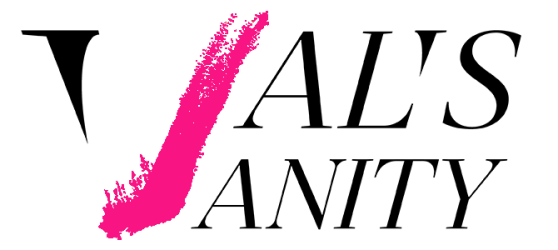Update: Mere days after beauty blogger Amena Khan was announced as L’Oréal’s first hijab-wearing hair model, she has backed out of the campaign in light of a Twitter backlash. Khan made the announcement on Twitter and Instagram stating that the decision was made after tweets from 2014 in which she criticized Isreal came to light. Though she has since deleted the tweets, she decided to step down as she didn’t want to detract “from the positive and inclusive sentiment that [the L’Oréal campaign] set out to deliver.”
The brand delivered a statement Monday, saying, “We have recently been made aware of a series of tweets posted in 2014 by Amena Khan, who was featured in a UK advertising campaign. We appreciate that Amena has since apologised for the content of these tweets and the offence they have caused. L’Oréal Paris is committed to tolerance and respect towards all people. We agree with her decision to step down from the campaign.”
You might already be one of the over 391,000 subscribers who tune in to beauty blogger Amena Khan‘s popular YouTube channel, the 570,000 followers who double tap her Instagram, or even one of the thousands of fans of her Ardere Cosmetics line, but her latest venture has helped make history. The Muslim makeup artist and entrepreneur has just been named the face of L’Oréal Paris UK’s Elvive line, making her the first woman to wear a hijab in a major ad campaign.
It’s a pretty big deal — to say the least — in part because the campaign offers a more inclusive definition of beauty in the face of the current political climate both here and in the UK. As the face of Elvive’s The Pink One product series, which is formulated boost strands’ shine, she follows in the footsteps that brands have made to increase visibility of Muslim women. Fashionista pointed out brands like Nike Pro, who recently released the first-ever sports hijab fronted by Olympic fencer Ibtihaj Muhammad (who also has her own Barbie, btw.) and American Eagle that released its own denim hijab with cover girl Halima Aden. And in recent years, L’Oréal has worked to diversify its definition of being “Worth It” beyond the runway and red carpet regulars with influencers like Khan, who partnered with the brand back in 2016 for its True Match campaign. It also helped her fulfill her “pipe dream” of working in TV and media, as the rare occasion of seeing a brown face on-screen was cause for a celebration growing up.
“I always wanted to be somehow in television or in media but it felt like a pipe dream and that’s why I didn’t pursue it because I didn’t think there would be anything for me,” she told Vogue UK. “Which is a shame. I think seeing a campaign like this would have given me more of a sense of belonging. I trusted L’Oréal that they would communicate the message well.”
Aside from helping to redefine what beauty looks like, the ads are also meant to dispel the many beauty myths surrounding women who choose cover their hair. Khan said she spends a lot of time at home or with loved ones with her hair uncovered and slips on her headscarf when she goes out in public. But regardless of whether anyone sees her strands or not, it’s important that they’re healthy, strong, and shiny. which is why she hopes the ads will help clear up the mystery about their manes.
“For me, my hair is an extension of my femininity. I love styling my hair, I love putting products in it, and I love it to smell nice. It’s an expression of who I am,” she said. “And even if that expression is for my home life and my loved ones and for me when I look in the mirror, it’s who I am. If I know my hair is greasy but I have a scarf on it, I still feel rubbish all day – even if it’s covered.”
Khan’s campaign win marks another strike against stereotypical standards of beauty within the industry and another step forward in ensuring that beauty, regardless of race, gender identity, religion, ability, or more, are not only seen but also included in the conversation. Let’s keep that going throughout the rest of 2018 — echa pa’lante!

